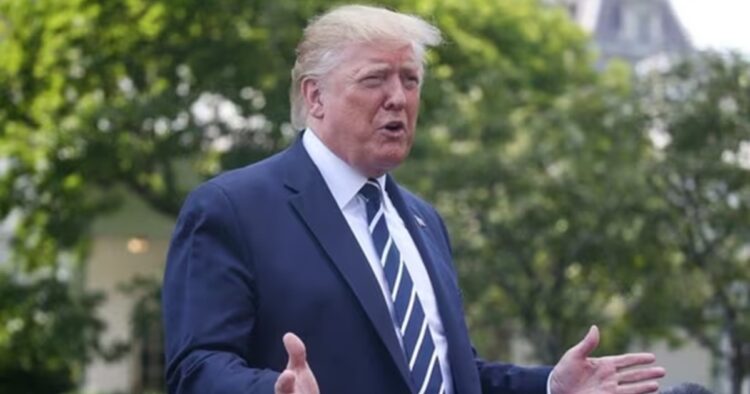In another victory for Donald Trump, Manhattan District Attorney Alvin Bragg announced that he would not oppose the former president’s request to delay his sentencing in the hush money case. The sentencing was originally scheduled for July 11.
Assistant District Attorney Josh Steinglass explained in a letter to Judge Juan Merchan that, although they believe Trump’s arguments lack merit, they do not oppose his request to file for a delay.
This decision follows Trump’s attempt on Monday to reverse his criminal conviction in the Manhattan case. This move comes after the US Supreme Court ruled that a former president has considerable immunity for actions performed while in office.
On May 30, a Manhattan jury found Trump guilty on 34 charges related to fabricating documents for a hush money payment made to adult film star Stormy Daniels. The payment was intended to keep her silent about their alleged affair before the 2016 presidential election.
Trump’s legal team is fighting back. On Monday, they wrote to Judge Juan Merchan asking for permission to submit a motion to overturn the convictions. They argued that certain evidence and testimony should have been protected by presidential immunity.
This included a government ethics form, several tweets from Trump, and testimony from former Trump aide Hope Hicks.
Trump’s lawyer, Todd Blanche, stated that the convictions violate the presidential immunity doctrine and could lead to a self-destructive executive branch. Blanche believes that further discussion, starting on July 10, will prove that the trial’s outcome is flawed.
In her testimony, Hicks said that Trump preferred to deal with the affair’s details after the election. She noted that Trump thought it was better to handle it then rather than before the election when it could have been more damaging.
ALSO READ: “Donald Trump To Seek Overturn Of NY Hush Money Conviction After Immunity Ruling”
Trump’s lawyers are focusing on a Supreme Court ruling passage stating that private records or testimony of a president or his advisers should not be admitted as trial evidence. They also argued that a submission from the Office of Government Ethics, phone data from Trump’s administration, and social media posts about his former attorney Michael Cohen should have been excluded.
Manhattan DA Bragg has requested time to submit his response by July 24, two weeks after Trump’s requested deadline.
The original sentencing date of July 11 was just a few days before the Republican National Convention, where Trump is expected to be officially nominated for the 2024 presidential race.

















Comments